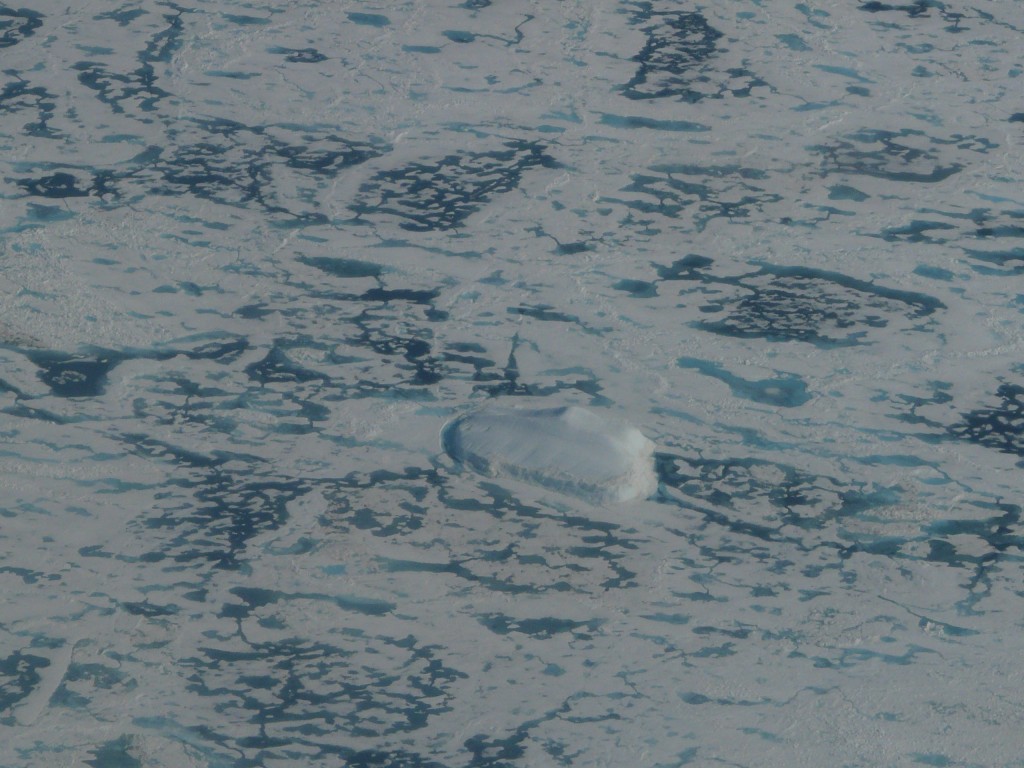Arctic Ice and our Weather
Apologies for a long spell of ice-blog silence, but your ice blogger is now back on the
(snow?-) ball.
The German papers today tell us to expect temperatures dropping to as low as MINUS 20 C in the course of this week. After a relatively mild winter so far, this will be a shock to the system for a lot of people. And of course, we’ll be back to the old discussion about how it can be this cold when the world is warming… Somehow people are more willing to accept that the climate is changing when the plants are all starting to come up ahead of time. But maybe the cold snap will help draw attention to a new study by Germany’s Alfred-Wegener Institute explaining the connection between the extent of the Arctic sea ice in summer and our winter weather in central Europe. The study indicates that the likelihood of us getting a cold, snowy winter increases after a summer when the Arctic sea ice cover has diminished. The scientists have found that the decrease in the sea ice cover in summer changes the air pressure areas in the Arctic atmosphere, and so has an influence on Europe’s winter weather.
In recent years the Arctic sea ice has been thawing considerably during the summer months. This means first of all that the heat-reflecting light-coloured surface of the ice gives way to the dark surface of the ocean, which then absorbs more heat from the sun in summer. At the same time, the ice would have acted like a “lid”, preventing heat stored in the ocean from escaping into the atmosphere. All of this means the lack of sea ice in summer leads to a greater warming of the air, especially in autumn and winter, when the ocean is warmer than the atmosphere. The AWI scientists say current measurements confirm this. Rising warmth from the lower air layers has a destabilizing effect on the atmosphere and so influences the weather.
Of course this is just one part of a very complex process which determines whether cold, Arctic air or warmer Atlantic air will influence the weather in Europe.
If you’re interested in the scientific details, you’ll find the whole report in the Tellus publication by the International Meteorological Institute, Stockholm.
















